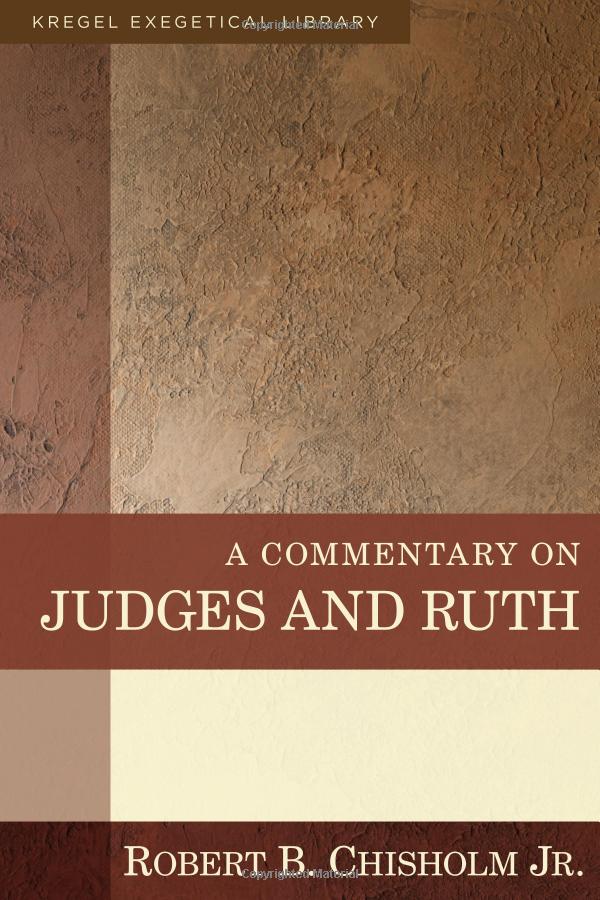Book Review - Jonah: God's Scandalous Mercy
[amazon 0310282993 thumbnail]
Jonah: God’s Scandalous Mercy is the latest in the Hearing the Message of Scripture series put out by Zondervan and takes to heart the purpose and intent of the series. The series seeks to “help serious students of Scripture, as well as those charged with preaching and teaching the Word of God, to hear the messages of Scripture as biblical authors intended them to be heard” (p. 9-10). Youngblood, associate professor of Biblical Studies at Harding University, gives readers an extremely well done and accessible commentary on Jonah.
Overview
The commentary begins with an author’s translation of the book of Jonah. This is followed by an introductory section that includes the author’s purpose in writing the commentary (p. 25), the canonical context of the book, historical context, and literary context. The historical context section is very helpful for the person seeking background info on Jonah. Because the biblical book has so little setting given within the text, many assumptions have arisen over time. Youngblood does a nice job of cutting through the assumptions and placing Jonah squarely in a solid historical setting. The discussion of literary context is helpful as well, as the author makes some really nice observations about the structure and message of the book. Youngblood observes two problems that intersect in the book: “The first is Jonah’s inability to reconcile YHWH’s concern for nations hostile to Israel with YHWH’s election of Israel. The second is Jonah’s inability to reconcile YHWH’s justice with YHWH’s mercy” (p. 37). Immediately, the reader is given a purpose statement to keep in mind as he begins to work through the text.


Discussion